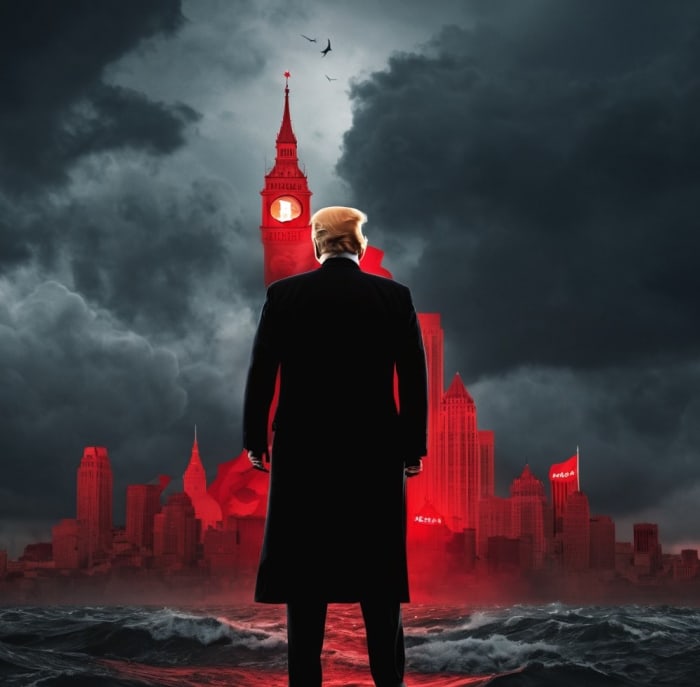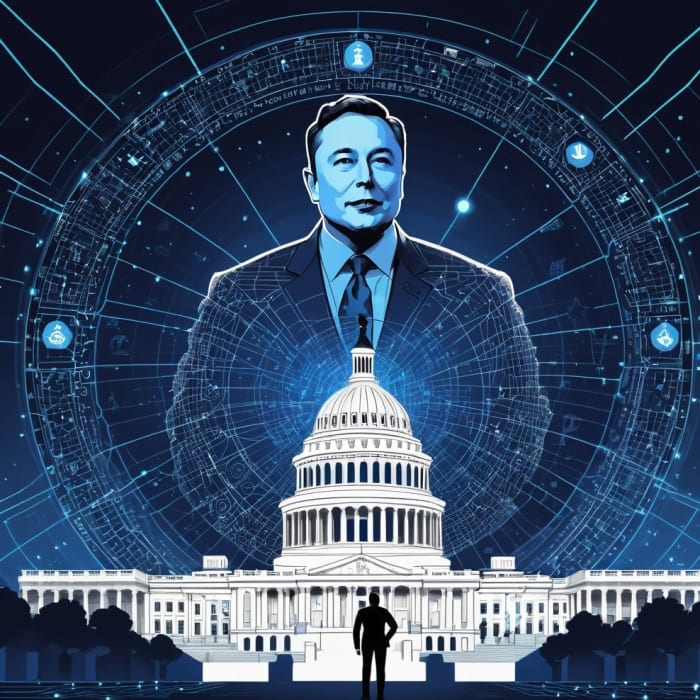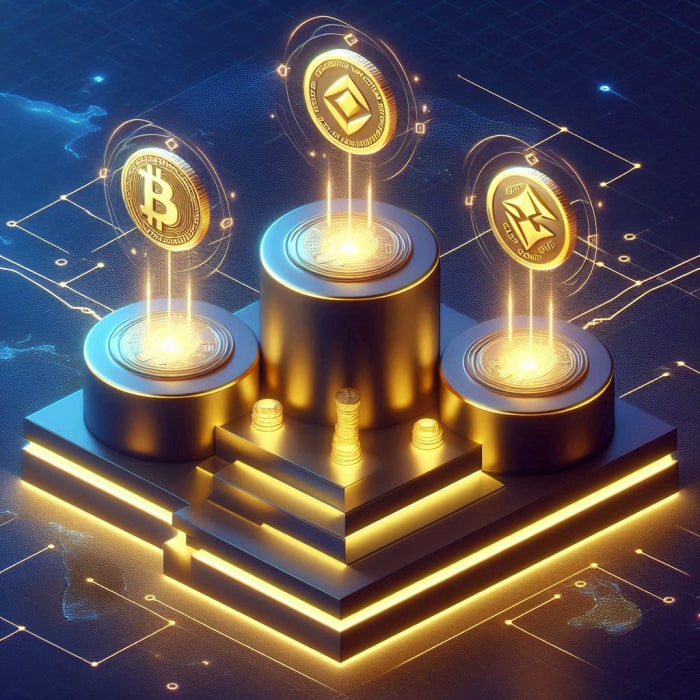
Elon Musk's Ambitious Plan: Could Blockchain Transform Government Efficiency?
Recent reports suggest that Elon Musk, the world's wealthiest individual, may be plotting something unprecedented: bringing blockchain technology to the U.S. government. According to Bloomberg, Musk has been meeting with public blockchain representatives to explore potential applications within his newly formed Department of Government Efficiency (DOGE).
The Vision: Beyond Digital Ledgers
If implemented, Musk's blockchain initiative could revolutionize several key government functions:
Tracking Federal Spending
Boris Bohrer-Bilowitzki, CEO of Concordium, believes the right blockchain implementation could "revolutionize the government contracting process" while streamlining internal networks. This could create unprecedented transparency in how taxpayer dollars are spent.
Smart Contract Innovation
Paul Brody, global blockchain leader at Ernst & Young, points to their success with private sector procurement: "Working with clients like Microsoft, we've cut contract administration costs by up to 40%." When scaled to government operations, these savings could be transformative.
Real-World Applications
John Deaton, managing partner at the Deaton Law Firm, outlines several potential use cases:
- Department of Defense supply chain tracking
- IRS tax collection enhancement
- Medicare and Medicaid payment monitoring
- Automated social security and pension disbursements
- Real-time foreign aid tracking through smart contracts
Existing Precedent
Ernst & Young's Public Finance Manager (PFM) already demonstrates blockchain's potential in government operations. Successfully implemented in Toronto, PFM tracks funding flows and verifies public investment outputs, providing a blueprint for larger-scale applications.
Challenges Ahead
Despite the promising outlook, several obstacles remain:
Political Resistance
Deaton, who recently ran for U.S. Senate, warns: "Career politicians will likely fight this tooth and nail. They don't want the public to be able to see how every penny of taxpayer money is being spent."
Educational Gap
Naseem Naqvi of the British Blockchain Association highlights a crucial challenge: less than 20% of Congress members currently engage in blockchain-related policymaking. This knowledge gap could slow adoption and implementation.
The Potential Impact
If successful, Musk's blockchain initiative could:
- Create unprecedented transparency in government spending
- Reduce fraud and administrative costs
- Restore public confidence in government operations
- Set a global precedent for government blockchain adoption
Looking Forward
While the concept of applying blockchain to federal government operations remains "untested," the potential benefits are compelling. Success could trigger a domino effect, inspiring other governments to embrace blockchain technology for public sector efficiency.
As Bohrer-Bilowitzki notes, the efficiency gains could extend far beyond immediate savings, "allowing for new savings down the line that aren't really possible with current databases."
The question now isn't whether blockchain can improve government efficiency – the technology already exists. The real challenge lies in navigating the political and educational obstacles that stand between vision and implementation.
This analysis is based on recent reports and expert interviews. As with any developing story involving emerging technology and government policy, developments may evolve rapidly.










